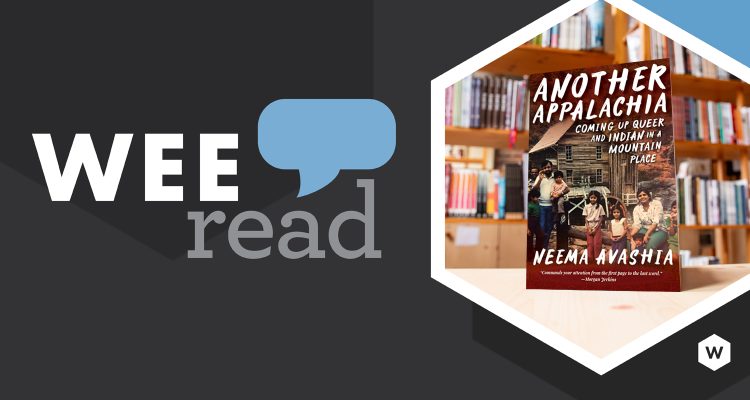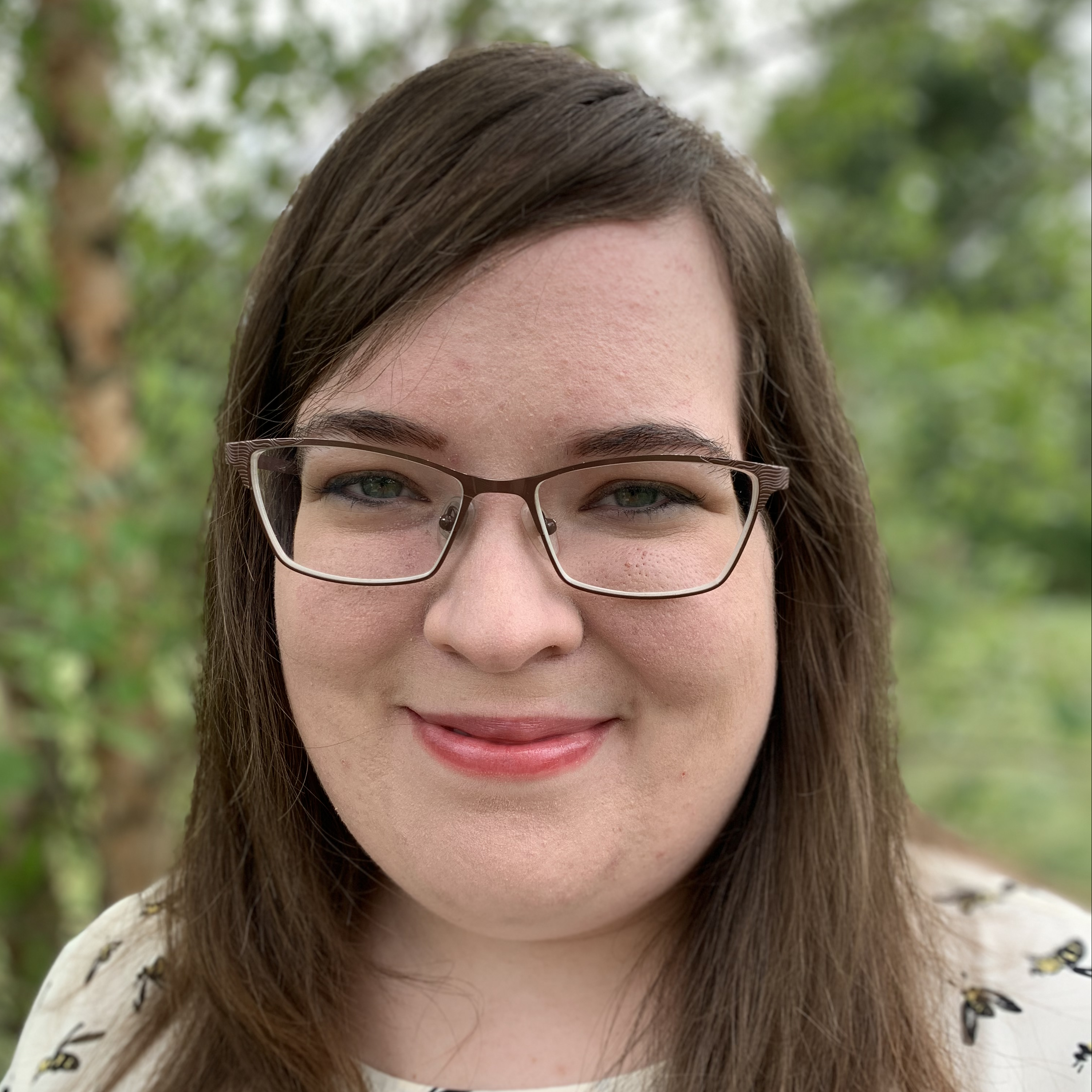In Another Appalachia: Coming Up Queer and Indian in a Mountain Place, memoirist Neema Avashia looks back on her upbringing in the Kanawha valley in the 1980s where she and her family often felt at odds with their chosen community. The “passage of the 1965 Hart-Cellar Act, which eased restrictions on immigration from Asia” led to a small influx of Indian immigrants in West Virginia who came to the state to work in industries such as coal, chemicals, and healthcare. Avashia’s parents came in 1973 as a part of one such “wavelet” of Indian immigrants so that her father, a doctor, might take a job at the Union Carbide plant. Despite attempts to assimilate in a variety of ways, the family stood out among the mostly White, predominantly Christian families that populated the Cross Lanes community.
Regardless of their cultural differences, Avashia and her family are not without welcome. The neighbor who taught her basketball and gave her pep talks, the families that subbed out their usual meat-and-potatoes fare for a vegetarian option when their Hindu neighbors came to dinner, are each remembered fondly and written about in an overwhelmingly positive light. Avashia’s peers, however, were often far less welcoming, and chose instead to focus on the family’s differences. Though born and raised in West Virginia, Neema and her siblings are nevertheless seen as “other”; and in a culture where being White and Christian are the norm, the Indian family that practices Hinduism is unusual to many. Torn between the struggle to honor her family’s heritage and assimilate to the cultural norm, Avashia’s otherness is further brought to the fore when she realizes that she is also Queer in an overwhelmingly heterosexual world.
West Virginia, like anywhere, is complicated, with people and ideas that are often in conflict. It can be hostile to those it perceives as outsiders. Avashia recognizes all of this while writing from a place imbued with nostalgia and understanding. Instead of using the memoir as a place to rehash old wounds, she writes briefly of the prejudices she faced and at length about the positive role models in her life. She also makes it clear that, despite their different backgrounds and belief systems, she and her partner Laura received only support from Avashia’s immediate family and chosen family of neighbors. This, in addition to Avashia’s unique perspective, makes Another Appalachia a breath of fresh air into the world of West Virginia memoirs.
Avashia’s narrative also benefits from the insights gained as someone who is simultaneously an “outsider” and an “insider” of the state. Now living in Boston with her partner Laura, Avashia observes that she has spent as many years outside of West Virginia as she did in it. She notes that “I cannot count the number of times in my life I have been asked the question “Why West Virginia?” by disbelieving Americans who can’t envision West Virginia as a state with any amount of diversity.” The distance from both the place and its people no doubt allowed her the time and space necessary to answer the question and she provides thoughtful and thought-provoking answers in Another Appalachia.
It is a question that has been explored by numerous West Virginia authors but arguably never by a person of Avashia’s background. As noted by many Appalachian scholars and Avashia herself, the Mountain State—though not completely bereft of diversity—is overwhelmingly White and Christian (89.8% and 78.6% of the population, respectively1,2). In life and in literature, West Virginia hears few non-White, non-Christian voices. Writers like Avashia are rare but much-needed to remind us all that “West Virginia” can and does mean “not just White.” That West Virginians belong regardless of skin color, heritage, or belief system. That a person can be a Mountaineer regardless of whether they are first-, fifth-, or fifteen-generation.
Though the memoir focused primarily on how Avashia differed—and surely, they were things that set her and her family apart—the more I thought about it, the more I saw only her similarities to other Mountaineer writers and readers like myself. The lamenting over living as a “city mouse” after spending her youth as a “country mouse.” The lure of industry and the inevitable bust of a boom town. The joy of having such close relationships with neighbors that they felt like family. The pull to return home to the Mountain State, echoing the sentiments of West Virginia writers from Denise Giardina to John O’Brien. Avashia’s experiences, singular yet somehow still universal, make it clear that she is a Mountaineer.
Having received a number of literary awards from the Lambda to the Weatherford, Another Appalachia is a masterwork of narrative nonfiction. Avashia writes with insight, understanding, and artistry, creating a memoir that is a must-read for Pride Month and beyond. A slim volume of just under 200 pages, it could be read in one sitting—though I urge readers not to rush: to do so would be a disservice to an elegantly crafted work. Published by West Virginia University Press in 2022, Another Appalachia is one of the most up-to-date works in West Virginia literature from a fresh voice.
• Raised in Wellsburg, West Virginia, Anna Cipoletti is a proud alumna of Mount de Chantal Visitation Academy, West Liberty University and Kent State University. She received a Bachelor of Arts in English Literature from West Liberty in 2014 and a Master of Library and Information Science degree from Kent State in 2017. Anna has made a career out of a lifelong love of books and works full-time at Bethany College as a librarian and part-time as a bookseller and book reviewer. She resides in Beech Bottom with her sister and two Siamese cats. A nature enthusiast, Anna often spends her free time visiting one of West Virginia’s many beautiful parks or kayaking along Buffalo Creek.
References
1 America Counts Staff. “West Virginia Population Declined 3.2% From 2010 to 2020.” United States Census Bureau, 25 Aug. 2021, https://www.census.gov/library/stories/state-by-state/west-virginia-population-change-between-census-decade.html
2 Scheitle, Christopher P., et al. “Religion in West Virginia: West Virginia Social Survey Report.” WVU Research Center, 25 Feb. 2021, https://survey.wvu.edu/files/d/8e050570-2a9b-4d24-a8dc-a800e1afe362/religion-report-accessible-version.pdf



